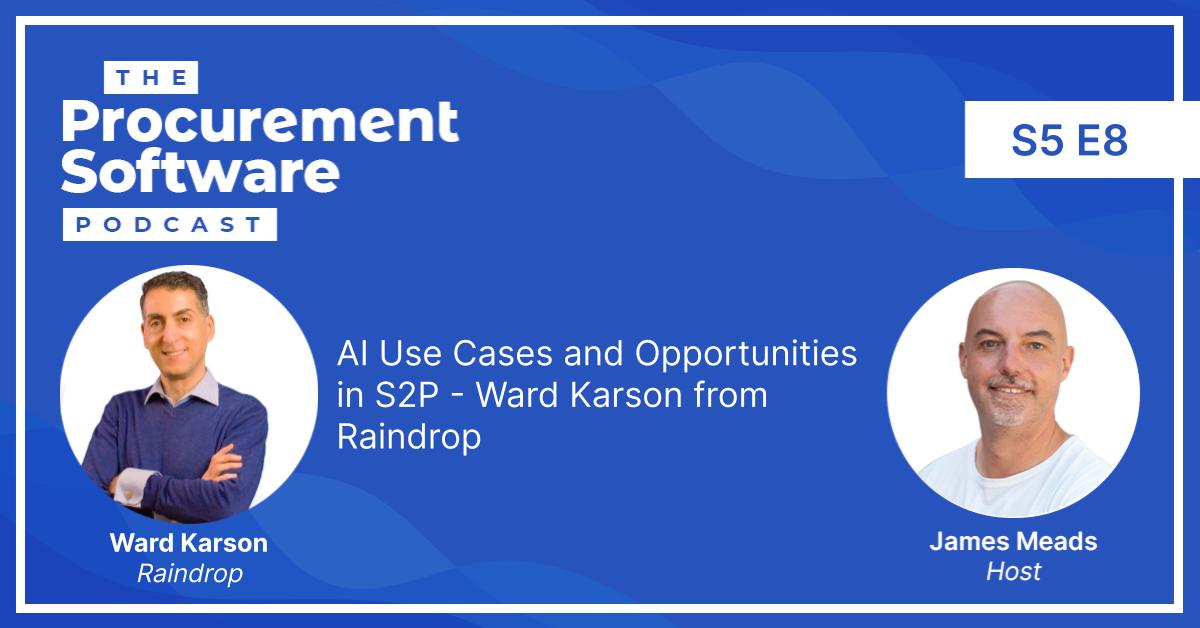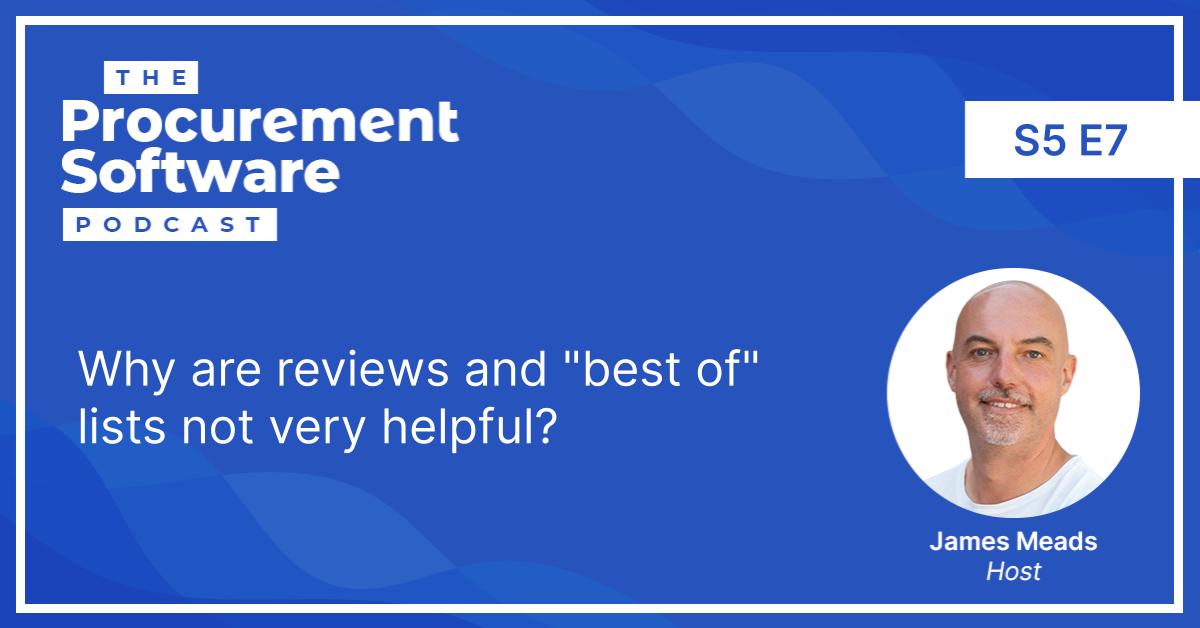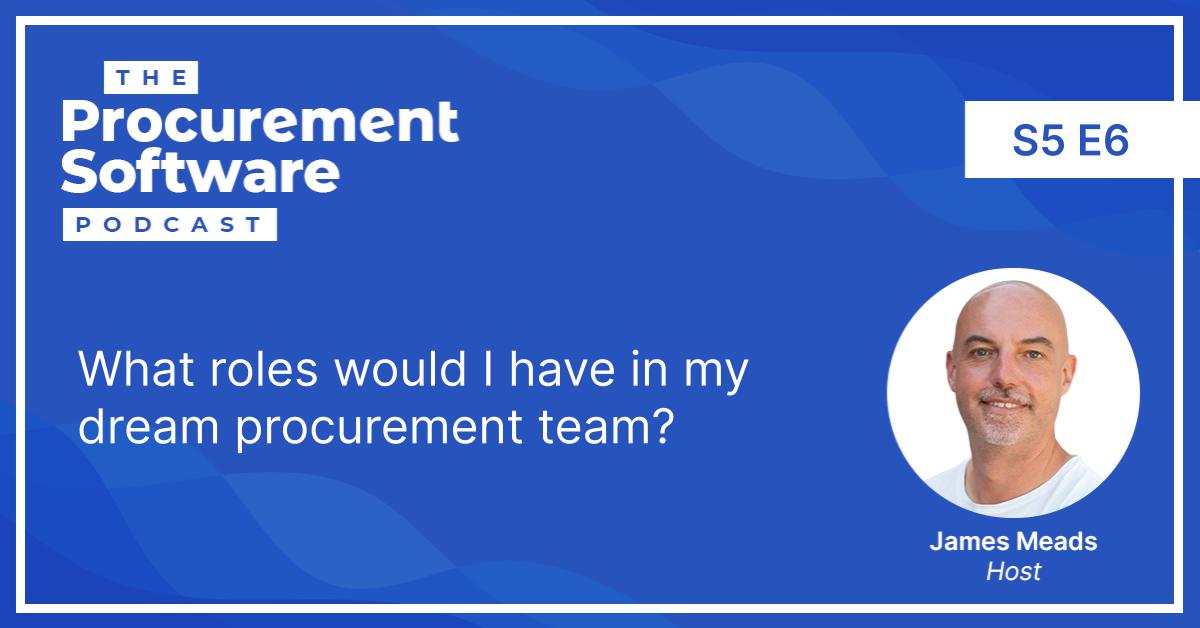Kicking off this week with the first of a number of interviews we’ll be doing over the next couple of months with contract management platforms. This is a rapidly expanding area and it’s gone from simply being repositories and authorisation / signature software into becoming a very diverse ecosystem over the past few years.
My guest today is Elena Mechik of Berlin-based startup Inhubber, which offers a blockchain-based solution for contract management and tracking.
Blockchain and its use in Contract Management for Procurement and Supply Chain
I have to admit that I was very ignorant about blockchain and its multitude of potential different uses and applications until I started digging into this topic. If you think “it’s just something to do with Bitcoin”, then think again!
End-to-end encryption of contracts: Why is it important?
Elena explains that the way you track and store contracts should be treated the same way as you store money. With increasing risk of phishing and cyberattacks, it’s important you understand, track and trace your contract management activities.
Contracts are encrypted from user-to-user with Inhubber, whereas most other platforms tend to encrypt just on the cloud or on the server. There is no need to send documents via email or any other less secure method of communication.
What is blockchain and how is it relevant to contract management?
Blockchain technology can be used in various industries and use cases.
It works by saving certain information on various “nodes” (or “chains”). You don’t save this information on your personal laptop, rather it’s saved hundreds or thousands of times on a network of other, independent nodes. This gives the document (or information) immutability: the elimination of somebody being able to fraudulently change or doctor a document.
In simple terms, it eliminates fraud and tracks and records any changes or amendments for posterity. There is no need with blockchain to save different versions of contracts in MS Word with the latest version filename as a differentiator.
There is a complete audit trail stored in cyberspace. Nobody can falsify or overwrite changes to a document without it being flagged.
Which sectors are keenest to adopt this technology?
Elena answers that typically, companies that have experience of being hacked are usually keenest to bring this on board. Historically this was only very large companies, but this is now starting to change.
As cybersecurity becomes more and more central to companies’ risk management strategies, the size of the companies responding favourably to investing in blockchain technology are becoming smaller. It’s no longer an issue that only big organisations need to worry about.
From real estate, through to construction and most recently banks are all showing an interest in adopting this type of technology.
It’s not just contracts which can be stored using blockchain
While they may be the most obvious example, contracts are just one type of document which can benefit from blockchain.
Purchase orders and receipts for example can also be stored in Inhubber, and access control to different documents within an organisation or within a network of core suppliers can also be regulated through the platform.
By taking advantage of encryption technology, confidential documents can also be transferred for example from a buyer to a supplier when collaborating on joint innovation projects.
Leveraging AI to extract key contract data
As with many competitor CLM solutions, Inhubber also has an intelligent contract monitoring function which can track some standard metrics such as:
- When is a contract due for renewal?
- Who are the contract partners?
- Which conditions have been negotiated?
This can also be programmed according to individual requirements of customers, to enable it to train the AI based on what to look for.
How does the AI differentiate between native contracts and third party documents?
It depends on the needs of the customer.
The AI is programmable and the contracts can be analysed based on a specific workflow. So, if a native contract requires fewer questions and interrogation than, for example, third party paper, this can be included as part of the process.
Can Inhubber be used for Sales too? And what else is in their roadmap?
Yes, it can also be used for sales. As part of the ongoing roadmap as the solution matures, they are also looking at:
- Historical contractual relationships, including a history of the different players who have come into contact with the contract over any given point in time
- Clause libraries
- Contract creation and negotiation wizard
Stay in touch!
- Inhubber website
- Connect with Elena on LinkedIn
- Sign up for the Procuretech Podcast Newsletter
- Book an Intro Call and let’s talk all things Digital Procurement!
- Connect with James on LinkedIn
- Follow the Procurement Software LinkedIn Page


